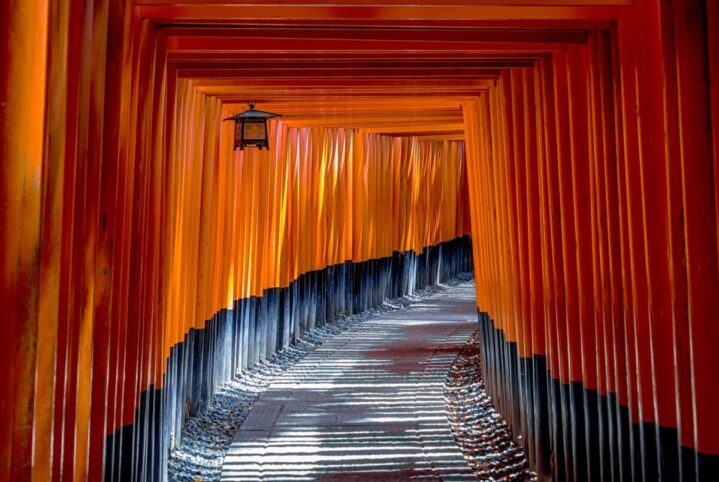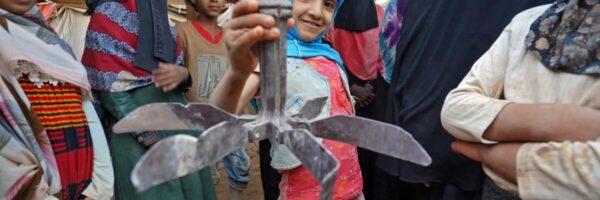
Japanese expats living in Thailand
Reasons for Choosing Thailand
1. Language Ease
Many Japanese services, including restaurants and supermarkets, offer language support and translation services.
2. Family Cohesion
There are Japanese kindergartens, schools, and international schools, as well as Japanese healthcare services within major private hospitals.
3. Pleasant Climate
With no winter and an average temperature around 29 degrees, Thailand offers a warm climate that is attractive to Japanese expats.
4. Golfing Paradise
Thailand is home to over 250 quality golf courses, especially in the Bangkok and Pattaya areas.
5. Japanese-Friendly Environment
Thailand is known for its excellent Japanese restaurants and a cultural affinity marked by mutual respect for traditions.
6. Delicious Cuisine
Thai cuisine is similar to Japanese, focusing on rice, vegetables, and fruits.
7. Affordable Living
The cost of living in Thailand is significantly lower than in Japan, making dining out, transportation, and housing more affordable.
8. Retirement Destination
Thailand is a popular choice for Japanese retirees, offering an attractive option for a second home.
9. Cultural Harmony
As a predominantly Buddhist country, Thailand’s religious culture aligns with that of many Japanese, facilitating easier cultural integration.
Historical Context of Japanese in Thailand
Japanese migration dates back to the late 16th century, with a prominent community established by the 1620s. General Nagamasa Yamada was a notable samurai who became an advisor to the Thai king.
Japanese Business Presence in Bangkok
Japanese Chamber of Commerce Bangkok
With its establishment in 1954, the chamber has 1,736 Japanese companies and 22 committees that address various business sectors and community support.
Investment Impact
Japanese investment was significant in 2019, contributing to a large share of foreign investment in Thailand, although the pandemic has impacted revenues.
Feng Shui Tips for 2021
1. Auspicious Days
Select dates are considered favorable for financial transactions, house cleaning, and festive celebrations to enhance good fortune.
2. Directional Influences
Favorable and unfavorable directions for various activities are suggested throughout the year to increase luck.
3. Interpersonal Connections
Traditional face reading through moles is used to determine personal fortune and relationship dynamics.
These cultural practices and beliefs are presented within the context of traditional perspectives and should be understood as such.



